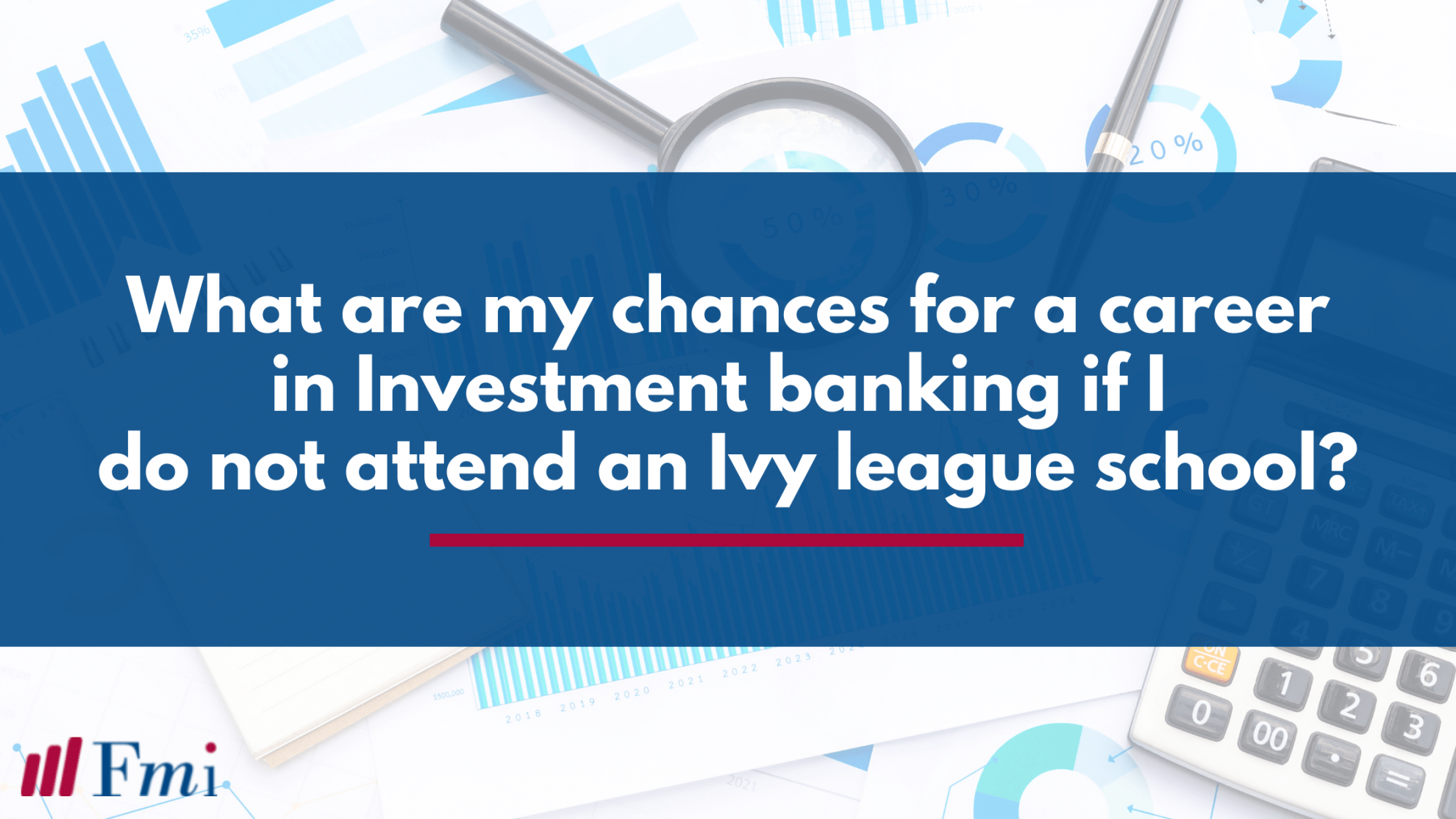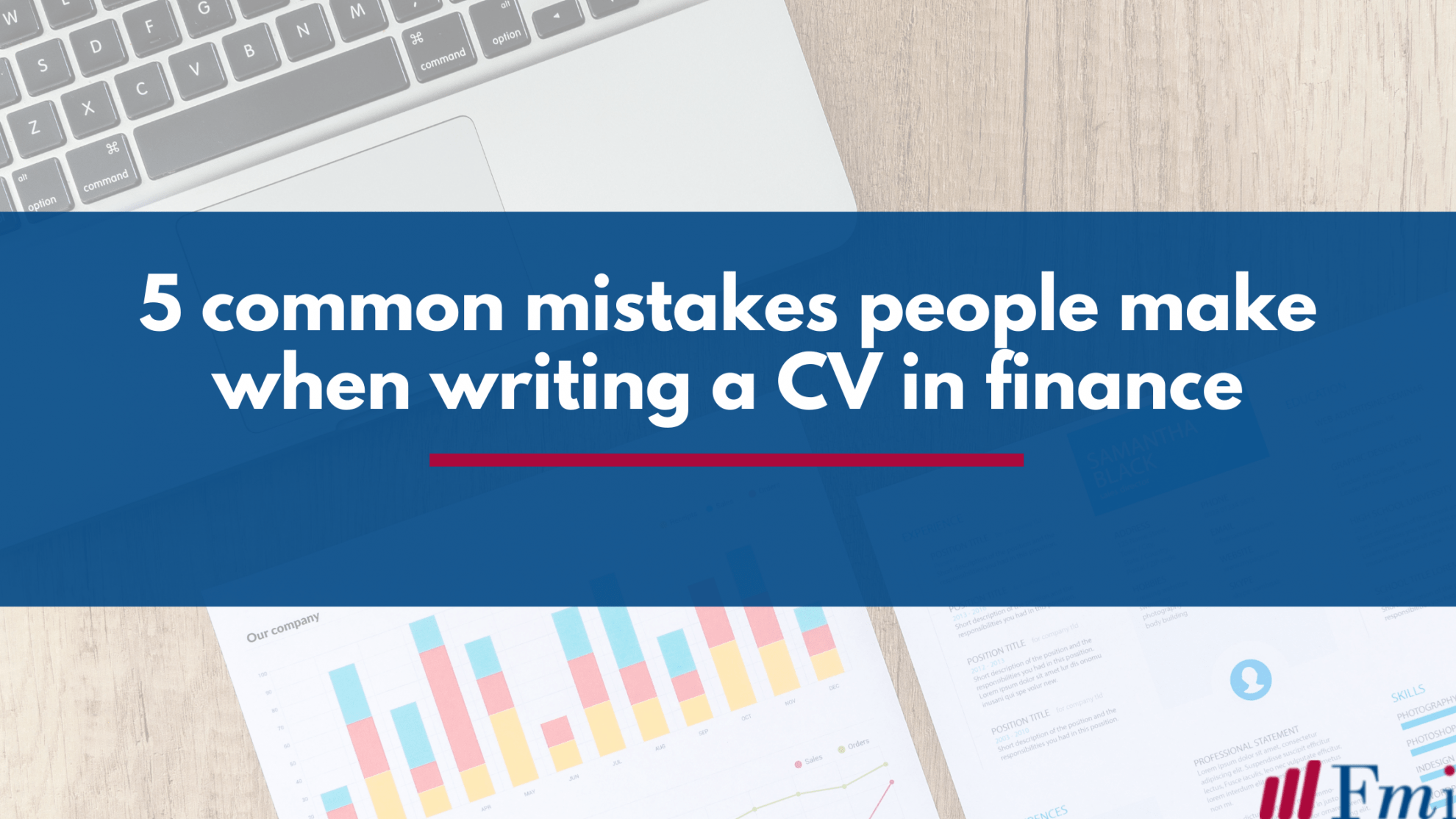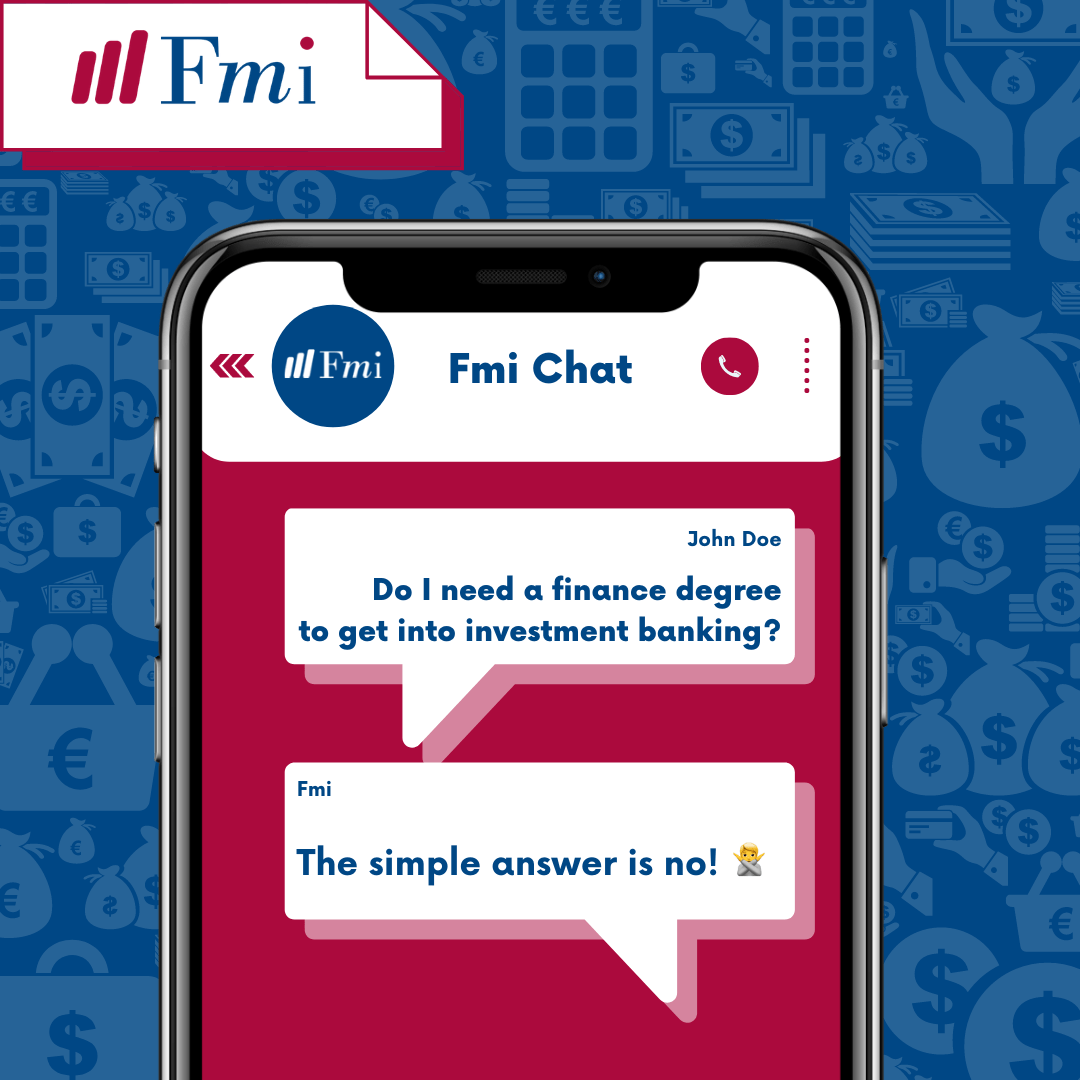For a keen college student looking to break into the finance industry and gain work experience, an internship is a great choice. If you manage to get a place in such a coveted program, you will get first-hand insight into a top firm within a field that interests you. The company gets to test you out during a ten-week interview process and see if you are a fit for their firm.
The main aim for most interns is to get offered a full-time role from the internship. The company wants this too, as they have tried and tested their intern, so an offer means that they are happy and confident with the intern’s ability and fit for the team. Once you are on the internship, what can you do to give yourself the best possible chance of securing that full-time job offer?
Think about what you are suited to
You may love the idea of being an astronaut, but if you cannot ride the local merry-go-round without being sick, then this career may not be for you, no matter how much you want it and know about it.
Be realistic with yourself about your strengths. What kind of job will you perform well at, and what kind of job will you be interested enough in to sustain a long enough career?
You want your internship bosses to be happy with the work that you do for them, and so you need to possess the interest, smarts, and skills that they are looking for in order for them to want to work with you on a full-time basis.
You can explore different career paths within the financial services industry and learn more about each career path’s different roles by watching Fmi’s CareerBuddy videos.
Impressions count
Your first impression was a good one as you got an offer on the internship. Now you need to follow it through and show that the first impression was just the beginning of your strengths. You did a lot of research and preparation to get the internship offer but do not stop there. Now research the team that you will be joining and the firm to see what interesting things are happening there.
Ensure you know as much as you can about the company policies so that you do not turn up on the first day underprepared. Read any start pack that is sent to you ahead of time. Be as prepared as you can be when you join so that you can hit the ground running.
Set Objectives
An organized HR team will provide every team who has an intern with an objectives template to go through with their intern. Ideally, on the first day at your desk, your manager should sit down with you and go through your role during the internship and what will be expected of you. You should ask sensible questions here, do not just sit silently and nod. Show that you are enthusiastic and have done your research on the team. If there is something that you would like to get involved in, ask if it is possible. It may not be, but at least you are showing keenness.
You and your manager will set some objectives that you will be expected to meet during the ten weeks. This helps you to know what you are working towards to gain that full-time offer. There are other factors at play, however. As well as doing the work to a high standard, you must also be a team player with others who already work there. In fact, this might be an objective in itself.
If anything in this meeting is unclear, then be sure to ask for clarification.
Display a strong work ethic
Interns are often tested by being given very long and tedious tasks that can even take you into the early hours to complete. This will undoubtedly be a shock to your system, coming from a student timetable; however, you need to show how willing you are to do this kind of work and do it well. Not only will you finish it, despite it taking you hours and hours, but your accuracy will be excellent, and your enthusiasm won’t wane. No matter how dull the work seems, it would help if you come across as thankful for the opportunity you have given.
Your team will have high standards that you need to meet, but they will not be unrealistic. They know that you are an intern and that you will not know everything. Therefore don’t be afraid to ask questions; in fact, it will be expected of you.
You will also probably make a couple of mistakes. That is ok as long as you don’t make the same mistake twice and show you are a very hard worker and a team player.
Show how proactive you are
There will undoubtedly be times when you have to sit quietly and wade through the work you have been given; however, it’s not all about that. Whenever you find yourself with time to spare, go around the team asking if anyone has anything they would like help with. If you have been working on something into the small hours and it’s taken a lot out of you, and you’re tired, go to your boss when it’s done and ask if there is anything else that he/she wants you to work on before you go home.
This will underscore your willingness as you haven’t just sprinted for the door despite the piece of work that you have just completed. Things like this will be remembered. Sign up for any training that is offered to you. Ask to get involved in some more projects, so long as it doesn’t take you away from your assigned tasks.
All of these things show that you have initiative and don’t just sit around twiddling your thumbs, waiting to be given something to do.
Demonstrate your hunger to learn
You learned as much as you could about the business before your internship interview, and you should have continued to research your team and the company before your first day. That learning process should continue throughout the internship. You will learn so much more from doing the job you’re doing, but there are other ways to make the most of this and learn as much as possible. This also makes it easier for you to judge if you want to work at the firm full time.
Attend workshops, seminars any meetings that you are invited to and ask lots of questions where appropriate to help show your dedication. If you are joining a desk of the global markets division, Fmi’s Global Markets pathway is an excellent resource, as is Fmi’s Investment Banking pathway for IBD interns
Sitting quietly behind your desk for ten weeks solid, waiting to be given work will only teach you so much. As well as learning about the business, an internship should provide you with the opportunity to learn about yourself. You may find out that there’s a facet of the business that interests you more than the area you thought you’d like to work in.
Develop Your Network
Being a part of an internship at a large investment bank automatically gives you access to a new network of people. The other interns that you meet could be lifelong friends or colleagues. Inevitably you won’t all end up getting full-time offers, but even those who don’t may end up being your peers in another company later on in your career. Don’t make any enemies as you never know when you will meet someone again.
As well as the other interns, you will meet all different levels of people at the firm. Those in your team will be the easiest to impress. Ensure that you go along to any team drinks or events that you are invited to.
Get involved and try to get along with everyone. Ensure that you are seen as a real team player in and outside of the office. The quality of the work you produce is essential, but so are your interpersonal skills and networking ability.
If you are genuinely liked and respected by your team, they will put a good word in with the boss and recommend that you receive a full-time offer. They will want you to return after you finish your studies to be a full-time team member. Do not forget to network with those outside of your team also when you get the opportunity to do so. You will learn more about the company and be on the radar of more people.
Be Clear That You Want a Full-Time Role
Investment banks and asset managers have an internship program to hire full-time staff from it. However, some companies hire interns to fill a busy period or cover someone who is on extended leave. It would help if you clarified when the time is right that you would like to stay on and work for the company full time.
If you have been assigned to a team that you realize is not exactly what you wanted to do, then speak to HR about what you do want to do. You should have a mid-term appraisal and so mention that you like the company and the culture, but you feel that your skills are more suitable for another area. You should probably mention this to your line manager in the first instance so that he/she does not feel blind-sided. If you position it right, they will help you gain experience in the other team that interests you or introduce you to them so you can chat about the work that they do.
If there are no positions available at present, they will think of you if and when a position does come up. Of course, they will only do this if you do all the above points; network, be a team player, show the hunger to learn, and perform to a high standard.
And finally…
Getting a position on an internship at a top firm is an outstanding achievement. You have done well to get through the rigorous assessment process, and if you don’t get converted into a full-time member of staff, then all is not lost. You still have that internship on your CV, and it will help lead you onto other things. If, however, you really want to work in the firm and team that you have been assigned, then do all the things mentioned above and have a fighting chance.
Good luck!









